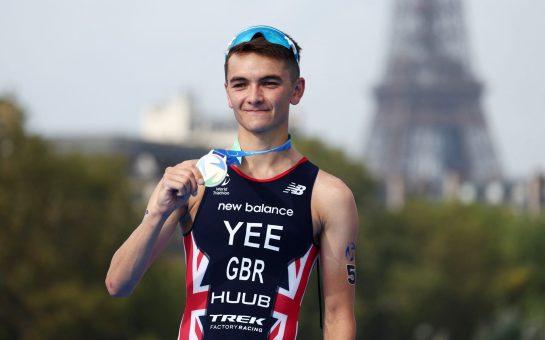Mo Farah’s mood was reflective and tetchy as he held court on the morning after the night before.
There was no golden double to celebrate but no regrets either than his track farewell had proved that sport is always as much about the struggle as the triumph.
Farah took aim at those who questioned his association with controversial coach Alberto Salazar, accusing them on trying to ‘destroy his legacy’ and having an agenda against him.
Perhaps he had forgotten what it’s like lose. He certainly looked shell-shocked and bereft as Muktar Edris – whose Ethiopian team followed strict orders to negate the defending champion’s threat – beat him in a sprint.
“All good things in life must come to an end at some point,” he said.
“What goes up must come back down but I wanted to end on a high but these things happen.
“So many times, you guys have been unfair to me. The fact is I’ve achieved what I have from hard work. Putting my balls on the line, year after year and delivering for my country. I find it bizarre how certain people write certain things to suit how they want to sell the story.”
What is it about Saturday and this place? A gold and two silvers was solid rather than super but for sheer undiluted drama this night will take some beating.
There were tears and cheers in equal measure as Farah and Usain Bolt bid farewell and proved that happy endings don’t come as standard.
Farah’s track farewell ended with a silver and his first defeat at this level in 2176 days. And then came another silver for Great Britain’s women’s 4x100m team before the final race.
The script was apparently written – Bolt’s triumphant farewell, with the host nation cast purely in a supporting role.
But they had no intention of being a footnote to this tale and CJ Ujah got Britain off to a flying start before a seamless changeover to a surging Adam Gemili. Danny Talbot ran a textbook bend and smoothly unloaded to Nethaneel Mitchell-Blake on the anchor leg.
Much has been written about the redemptive power of sports, Gemili and Talbot can talk about it first hand.
Five years ago their bodged changeover saw Britain’s sprint relay team eliminated in the Olympic heats, delivering on those who claimed a dropped baton was always more likely than a medal.
“In London 2012, the relay went horribly,” said Gemili. “To come out here, five years later, and become world champions in front of a home crowd is something you dream of.”
We are taught to measure success in gold, silver and bronze and, by that metric, these championships will be Great Britain’s least successful for more than a decade.
But there is hope, for years Farah, Jess Ennis-Hill and Greg Rutherford have inflated Britain’s sense of importance at this championship but this week saw the baton handed – successfully – to a new generation.
Perhaps they didn’t win the medals but give them time – with the likes of Farah vowing to provide counsel from the sidelines.
“If we love the sport, you try to help others and I believe the knowledge and what I’ve learned over the years, I can contribute towards the younger kids and make a difference,” added Farah.
You can help the next generation of young British athletes by getting involved in SportsAid Week this September with London 2012 hero Greg Rutherford MBE. Find out more about how you can support the week of fun and fundraising by visiting www.sportsaid.org.uk/sportsaidweek.

